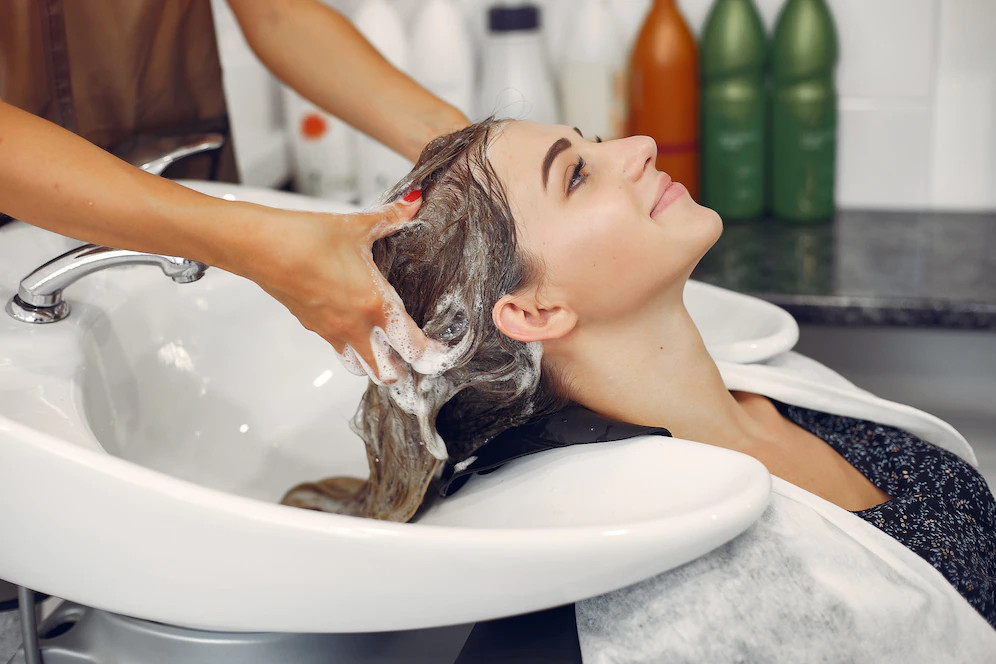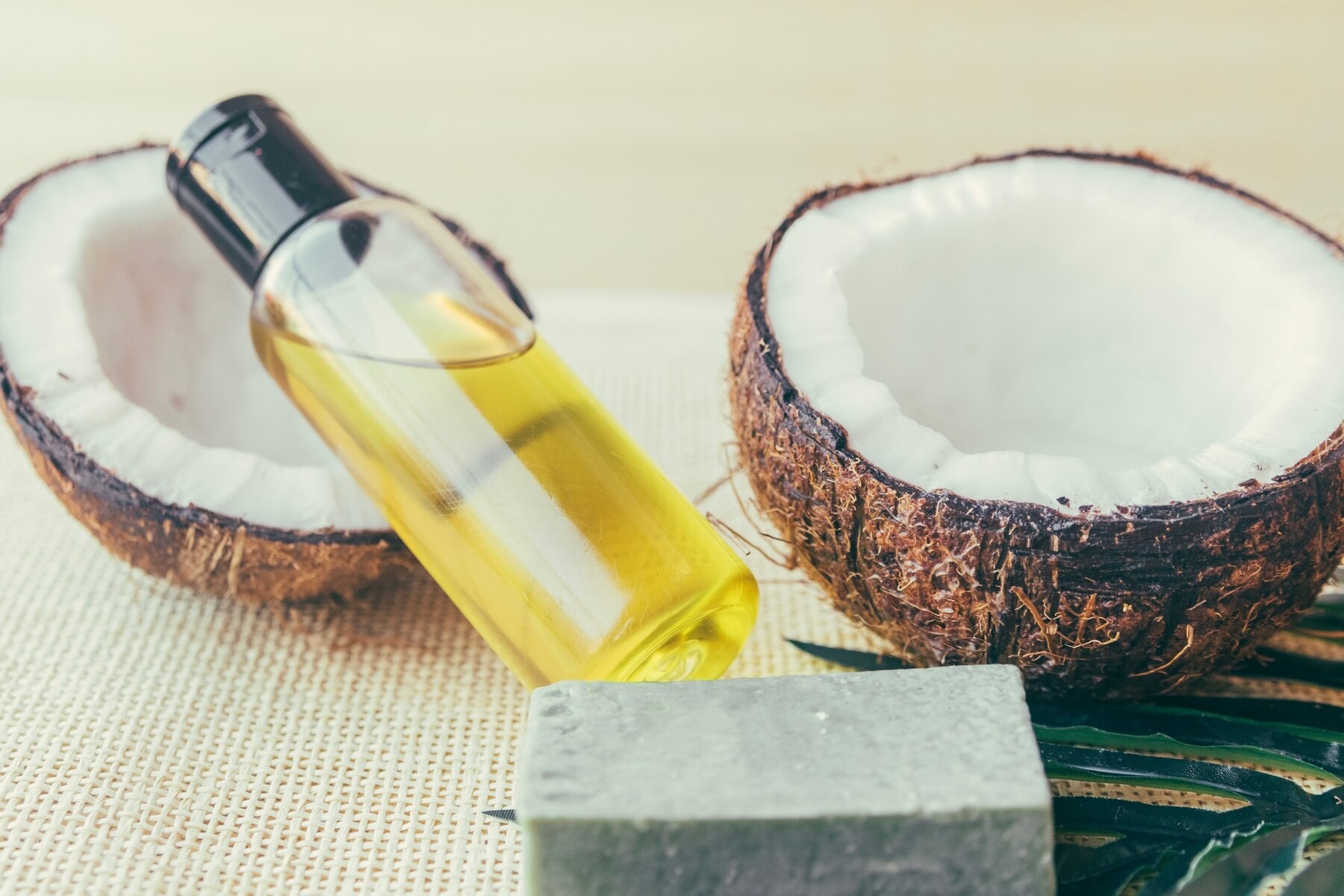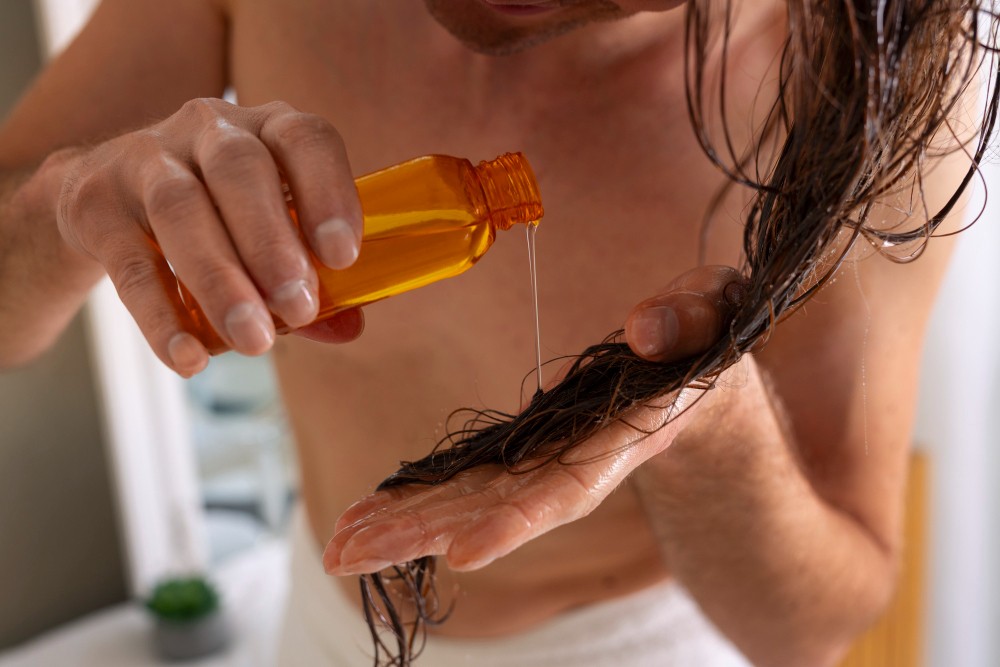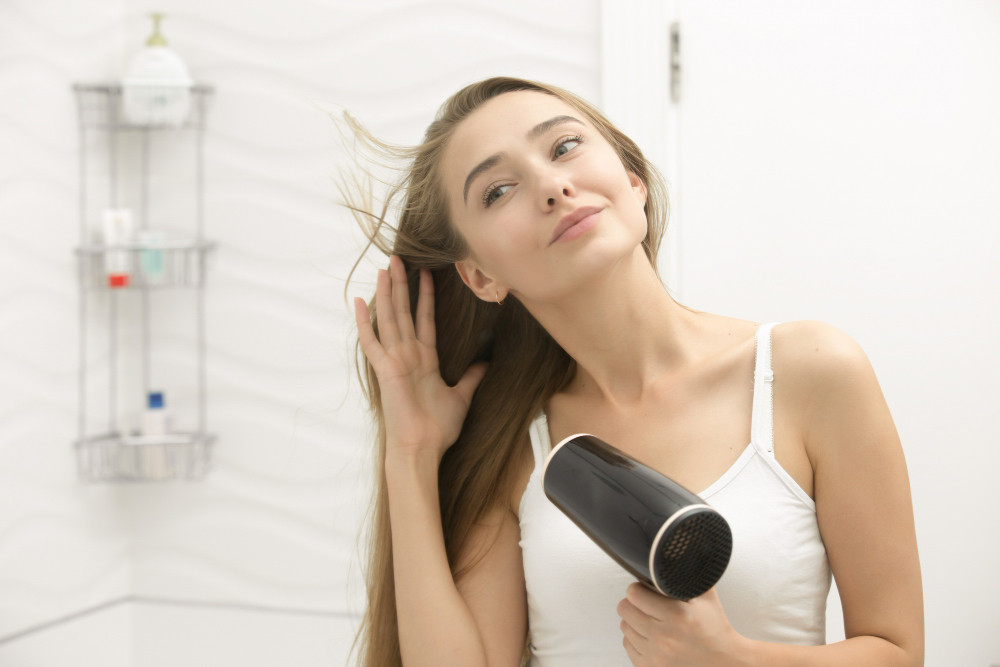Hyaluronic acid has mostly been used in skincare products as a moisturizing agent. Hyaluronic acid has the potential to treat several hair issues. What benefits does hyaluronic acid offer for hair? Take a look at the review here.
What is hyaluronic acid?
Hyaluronic acid is a common component of beauty products. This substance functions as a humectant, meaning it has the ability to retain moisture. As a result, it is commonly included as an ingredient in serums to deal with dry skin problems. Hyaluronic acid becomes popular since it has minimal risks and negative effects.
Hyaluronic acid is naturally produced in the body and is present in several bodily tissues, including the skin, the cornea, and the connective tissue in joints. Hyaluronic acid has water-retention characteristics, which enable it to retain water inside the tissue and prevent quick evaporation.
Discover the benefits of hyaluronic acid for your hair
Hyaluronic acid has the ability to retain skin hydration, although it should be noted that it differs from a traditional moisturizer. Hyaluronic acid functions as a humectant by effectively preserving water and attracting moisture to the surface of the skin. Hyaluronic acid has several benefits for the hair and scalp, including:
Moisturizing hair: Hyaluronic acid, when applied to the hair fiber and scalp, acts as a humectant and helps the hair retain moisture.
Preventing frizzy hair: Hyaluronic acid also helps in protecting the hair cuticle, which helps prevent the loss of moisture from the hair, preventing it from looking dry and brittle.
Nourishing hair: Hyaluronic acid has the potential to nourish dry and damaged hair, resulting in a more voluminous appearance. Hyaluronic acid may improve root volume; however, additional substances are necessary for optimal efficacy.
Moisturizing scalp: In addition to its beneficial effects on the hair shafts, hyaluronic acid also offers extra benefits for the scalp. Hyaluronic acid molecules bind skin moisture, promoting collagen growth in the scalp and skin. Collagen can help moisturize and prevent dry scalps.
Improving hair's ability to absorb moisture (nestness): Dry and coarse hair has a limited ability to retain moisture, resulting in a lack of hydration and a less healthy appearance. Hyaluronic acid is an ingredient that will help fill in the gaps in the hair shaft, resulting in fuller-looking, healthier hair.
The best ways to apply hyaluronic acid to your hair
Currently, hyaluronic acid compounds are commonly found in skincare products. Products for hair that include hyaluronic acid and other hair-strengthening ingredients like keratin, collagen, and hydrating oils are the best options.
After you wash your hair, use a serum or conditioner for optimal effects. Apply a light massage to the scalp when the hair is wet. Apply hyaluronic acid-containing hair care products more frequently if your hair is dry or frizzy.
Do a skin patch test to see whether hyaluronic acid causes any allergic responses before applying it topically. Rarely, people may experience allergic responses to hyaluronic acid, which manifest as skin redness and itching.
Looking for more tips and tricks for health, first aid, and home remedies? Click here!
- dr Nadia Opmalina
Shunatona, B., Carter, K. (2022). Hyaluronic Acid Is The Unsung Hero Hair Ingredient—Here's How to Use it. Available from: https://www.byrdie.com/hyaluronic-acid-benefits-for-hair-5101129
Coelho, S. (2021). You’ve Heard About Hyaluronic Acid for Skin — But What Can It Do for Hair?. Available from: https://www.healthline.com/health/beauty-skin-care/hyaluronic-acid-for-hair
WebMD. Hyaluronic Acid - Uses, Side Effects, and More. Available from: https://www.webmd.com/vitamins/ai/ingredientmono-1062/hyaluronic-acid
Cleveland Clinic. Hyaluronic Acid. Available from: https://my.clevelandclinic.org/health/articles/22915-hyaluronic-acid












